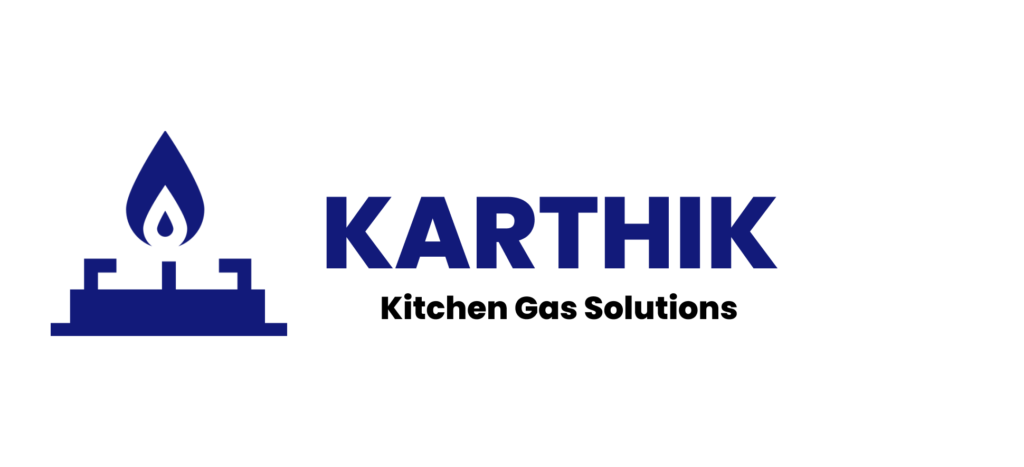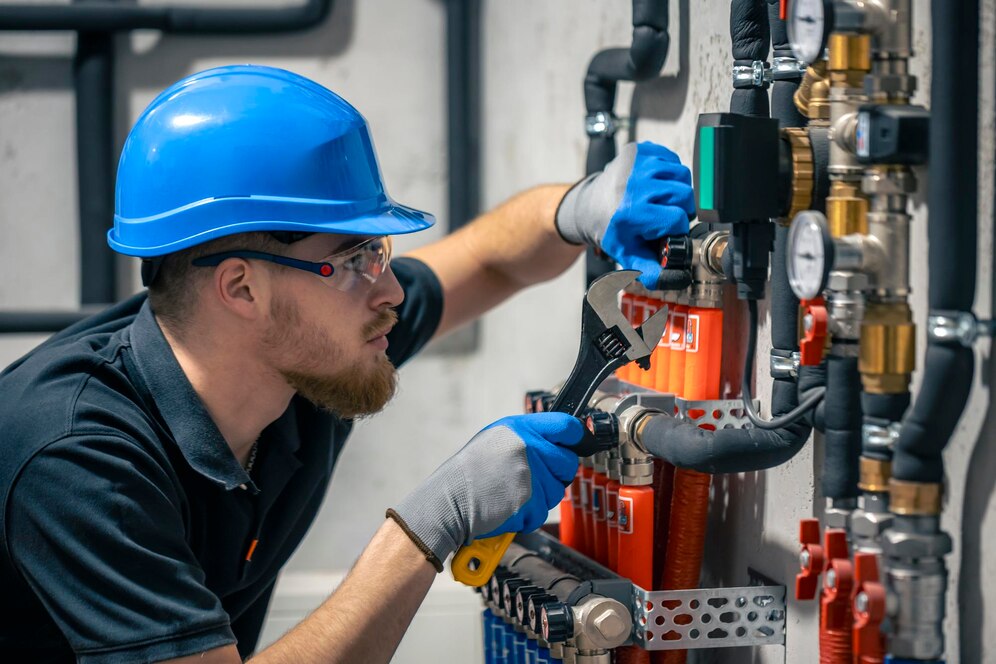From Installation to Maintenance: Your Complete Guide to Gas Line Services
Gas pipeline services are essential for ensuring safe and efficient gas supply systems in homes and apartments or flats. Whether you’re setting up a new appliance or maintaining an existing system, professional gas services cover the full range of installation, maintenance, and repair needs. This guide will walk you through the basics of gas line services, providing practical information and safety tips for each step, from gas pipeline installation to regular upkeep.
1. Gas Line Installation: Safe and Efficient Setup
When it comes to gas pipeline installation, it’s crucial to entrust the job to certified professionals. Installing a gas line involves assessing the space, planning the best route, and correctly sizing the gas line to match the appliance’s needs. Here’s a summary of what the installation process usually involves:
Site Assessment: The technician evaluates your space, examining potential routes for the pipeline. This helps determine the best positioning and minimizes interference with other utilities.
Planning and Sizing: Correct pipe sizing is essential for safe and effective gas delivery. Technicians calculate pipe sizes to ensure efficient gas flow based on your appliances’ requirements.
Installation: After planning, they secure the gas line with proper support, following all necessary safety codes and standards.
Leak Testing: Performing a leak test is a vital step following installation. Professionals often use soap bubbles or a leak detection solution to check for gas leaks. If any leakage is detected, it’s promptly fixed before the system is deemed ready for use.
Proper gas pipeline fitting is not only essential for operational efficiency but also for safety. A well-installed gas line reduces the chances of leaks, ensuring a safer environment.
2. Gas Line Maintenance: Ensuring Your System Stays in Good Condition
Routine gas line maintenance is vital for extending the lifespan of your gas line and preventing potentially hazardous situations. Gas lines can deteriorate over time due to corrosion, leaks, or mechanical damage, making regular maintenance essential.
Inspecting for Leaks and Damage: During a maintenance check, technicians examine the gas lines for signs of wear, corrosion, or leakage. Rust or discolored pipes may indicate corrosion that requires immediate attention.
Cleaning and Repairing Connections: Maintenance often involves cleaning the pipes and fittings to remove dirt, grease, or rust, ensuring the gas flows smoothly without obstructions.
Corrosion Prevention: Gas lines are susceptible to corrosion, especially in areas with high humidity. Constant maintenance helps catch corrosion early, avoiding expensive repairs or replacements.
Effective gas line maintenance includes scheduled inspections, cleaning, and repairs, ensuring the system remains reliable and safe for years to come.
3. Gas Line Repair: Fixing Leaks and Addressing Damage
Despite regular maintenance, gas lines can still develop leaks or sustain damage over time. Gas line repair services are necessary whenever there is a suspicion or confirmation of a leak or other issues with the gas line.
Detecting Gas Leaks: The smell of gas or a hissing sound near the pipeline can indicate a leak. In such cases, it’s essential to contact a professional immediately.
Repair Techniques: Professionals may use special sealants or replace damaged pipe sections to fix leaks. They follow strict protocols to ensure repairs are conducted safely, especially in sensitive areas.
Safety Measures: When a gas line requires repair, the gas supply should be shut off until the issue is resolved. Additionally, avoiding open flames or electrical appliances near the leak site minimizes the risk of accidents.
Prompt action is crucial when it comes to gas line repairs. Detecting and repairing leaks promptly can prevent dangerous incidents and restore the system’s integrity.
Tips for Safe Gas Pipe Line Services
For anyone handling or near gas lines, safety is the top priority. Here are some essential safety tips to keep in mind during gas pipeline fixing, maintenance, or repair:
Turn Off the Gas Supply: Before any work, shut off the home’s gas supply to prevent accidental leaks.
Avoid Open Flames and Electronics: If you suspect a leak, avoid using open flames or electrical devices near the area, as gas is highly flammable.
Use Durable Pipes: High-density polyethylene (HDPE) pipes are highly recommended for gas lines. They are flexible, durable, and resistant to corrosion, though they can be damaged by tree roots or rocks.
Taking these precautions ensures that your gas pipeline services are performed safely and efficiently.
Choosing the Right Professionals for Gas Line Services
Selecting qualified technicians for gas pipeline services is essential for both safety and effectiveness. Certified professionals follow safety codes and use industry-grade materials for gas pipeline mechanisms, maintenance, and repairs. Whether it’s a new installation or ongoing maintenance, skilled professionals offer peace of mind and ensure that your gas system operates safely.
From gas pipeline installation to regular maintenance and repair, professional gas line services are fundamental for a safe, efficient gas system. Keeping your gas lines in top condition requires proper installation, diligent maintenance, and swift repair of any issues. With these practices in place, you can enjoy a secure, reliable gas supply in your home or business.
Ensure you follow these tips and work with experienced professionals to maintain a safe and efficient gas system. Regular upkeep and timely repairs will prolong the life of your gas line, keeping your home or business safe and well-fuelled for years to come.
Meta Title: Gas Line Services: Know all from Installation to Maintenance
Meta Description: Worried about gas line installation, maintenance or repair? Discover everything about gas line services, and learn key tips for safe and effective gas pipeline installation.




